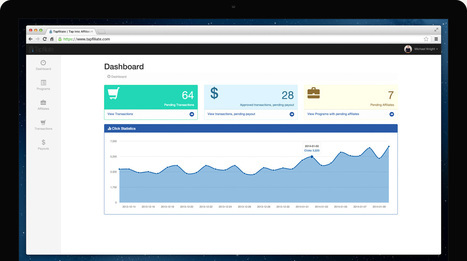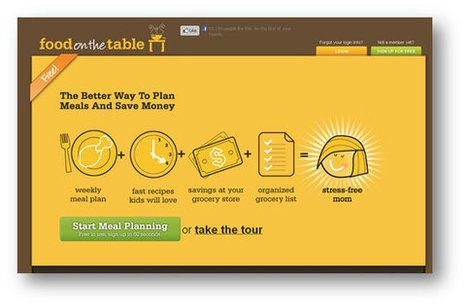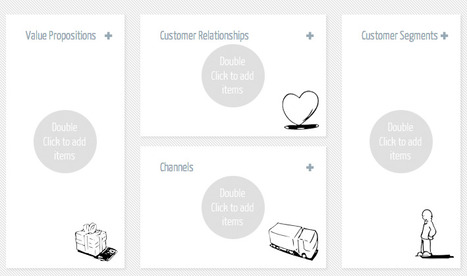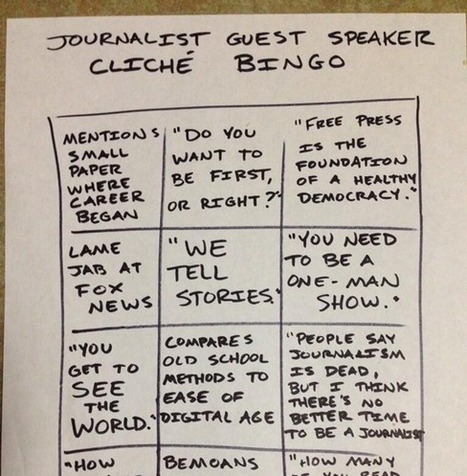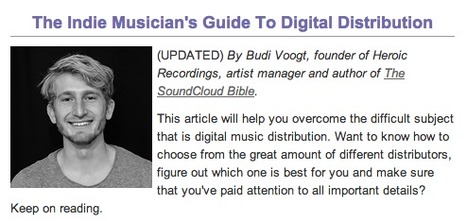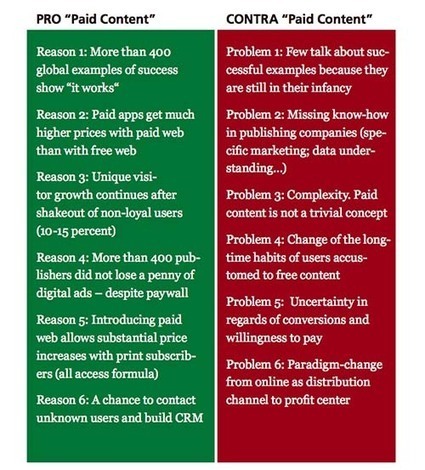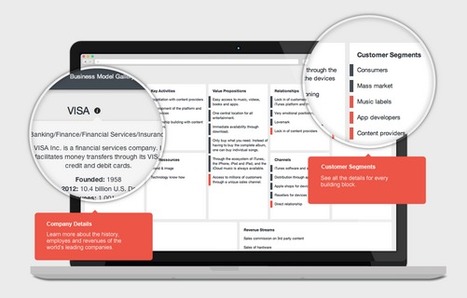From the article intro:
"Over the past few years, however, a flood of subpar content has seemingly taken over the Web, driven by high-growth sites such as Demand Media and the AOL-owned Huffington Post.
These types of sites have enjoyed surging traffic by creating relatively simplistic content, repurposing and "aggregating" premium content, and gaming Google's search algorithm.
But this strategy faces a growing backlash and as a result may have hit its natural ceiling, and that could create opportunities for new online-media models.
What makes subpar content subpar? Like pornography, you know it when you see it. Take, for instance, "news" articles that simply paraphrase and quote articles written by journalists, or simple "how to" guides that don't explain much and have no accompanying diagrams, videos or other edifying media.
The primary financial driver supporting subpar content is what's known as "personalized retargeting," where ads follow a users around the web.
When you visit Zappos.com, for instance, the site places a cookie on your computer that tells an ad network you were just there. Zappos then pays a premium rate to "retarget"--to show you an ad inviting you to come back to Zappos.com long after you've moved onto another site."






 Your new post is loading...
Your new post is loading...





